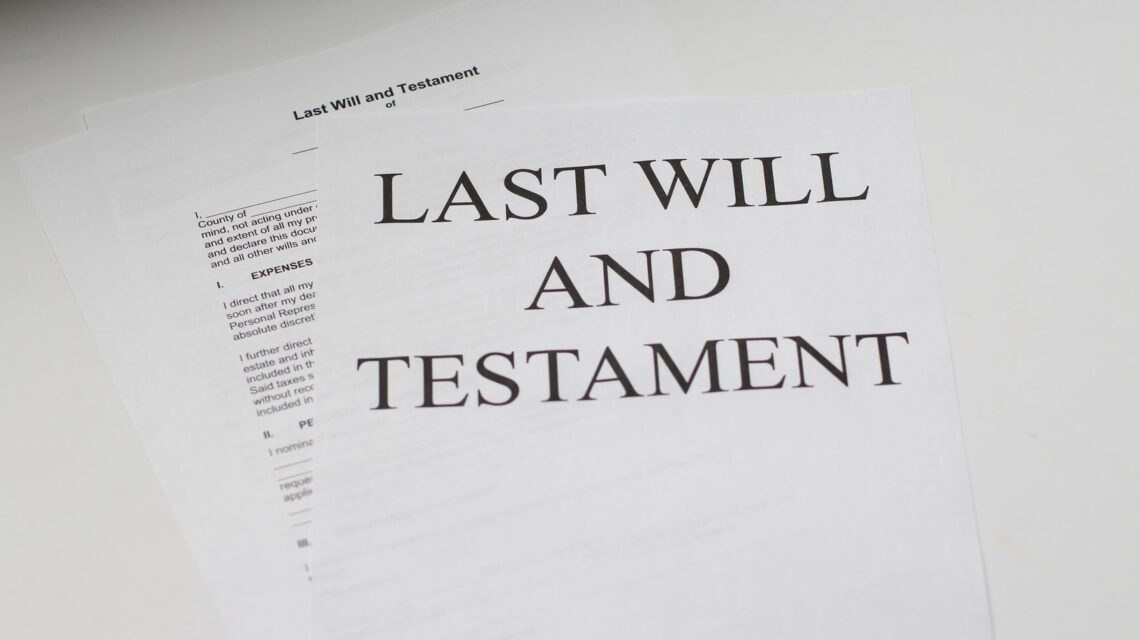When you create an estate plan, you plan out how you want your assets to be distributed after you die. However, what many people do not plan for in creating their estate plans is the possibility of someone challenging their will later on, for example, by arguing you lacked the testamentary capacity required to create a valid will. One option to discourage challenges to your will after you die is the inclusion of a “no contest clause,” also known as an “in terrorem clause” (translated from Latin to mean “so as to produce terror”). A no contest clause is a provision in a will stating that if a devisee challenges the will and loses, that devisee will not receive his or her devise. Such provisions discourage beneficiaries from challenging the will after the decedent passes at the risk of receiving nothing at all.
North Carolina, as a general rule, does enforce no contest clauses. However, in Ryan v. Wachovia Bank & Trust Co. (1952), the North Carolina Supreme Court adopted the current rule that “a no-contest or forfeiture clause in a will is subject to the exception that where the contest or other opposition of the beneficiary is made in good faith and with probable cause, such clause is not binding and a forfeiture will not result under such circumstances.” The Court explained that “if a will has been procured by undue influence or fraud, there is no intent of the purported testator to thwart, sustain, or defeat.” Further, public policy considerations warrant the exception: “There is a very great difference between vexatious litigation instituted by a disappointed heir, next of kin, legatee or devisee, without probable cause, and litigation instituted in good faith and with probable cause, which leads the contestant to believe that a purported will is not in fact the will of the purported testator.” Therefore, while North Carolina recognizes no contest clauses, such a clause will not take effect if a beneficiary brings a challenge in good faith and with probable cause, lessening the ability of a no contest clause to protect against a future will contest.
In Haley v. Pickelsimer (1964), the North Carolina Supreme Court clarified that because no contest clauses are strictly construed, a no contest clause is not implicated—and, therefore, the good-faith exception is irrelevant—where a beneficiary brings an action claiming the testator promised him or her a larger bequest than the one provided in the will. The Court explained: “[Recovery], if any, [would constitute] a claim of debt against the estate, not an increase of benefits under the will. Such recovery, while it [would reduce] the amount of assets available for distribution to beneficiaries under the will, would not invalidate or modify any of its provisions.” That is, such a challenge is based in contract rather than based on a claim that the will itself is invalid. Thus, if a beneficiary claims the testator contracted during his or life to leave that beneficiary a larger bequest and loses, that beneficiary will still take the bequest provided for him or her in the will (absent a separate finding that the will is invalid), regardless of whether the claim was made in good faith and with probable cause.
The attorneys at Lindley Law specialize in trusts and estates litigation, including will contests. If you need assistance regarding a legal dispute over a will or trust, please give us a call at 704-457-1010 to see how we may be able to help you. For more information regarding our attorneys and practice areas, please visit our website at www.lindleylawoffice.com.





